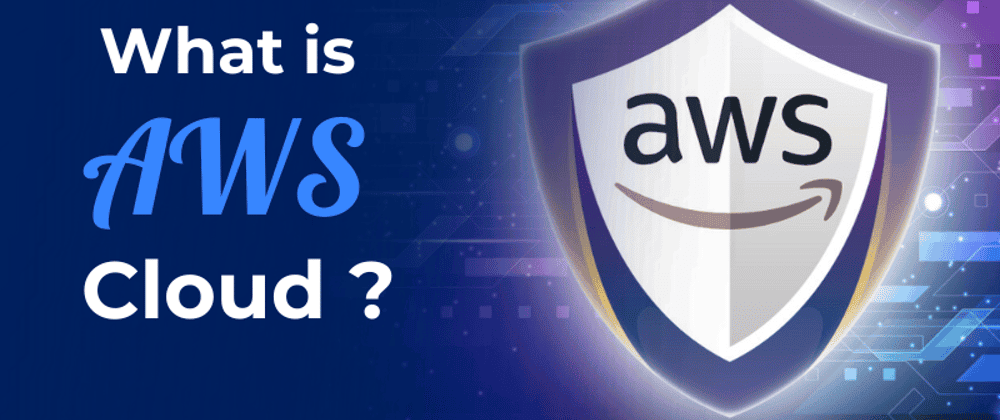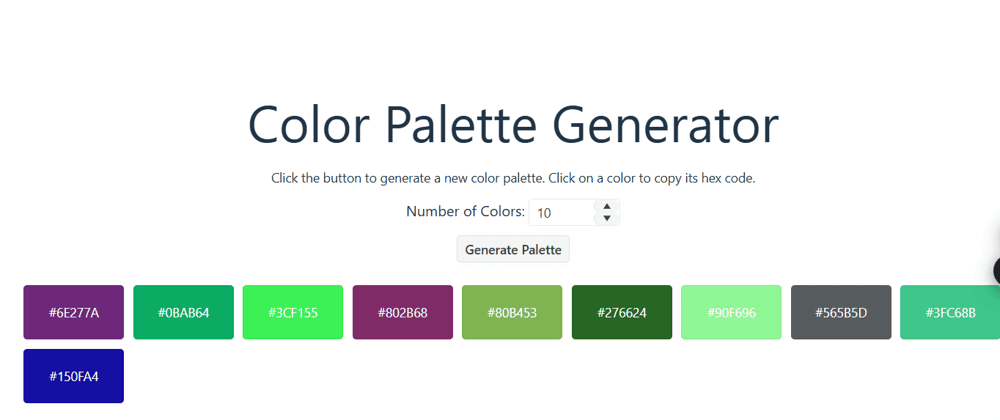Erlang Public License 1.1: Open Source Protection Deep Dive
Unveiling Erlang Public License 1.1: A Deep Dive into Open Source Protection
The Erlang Public License 1.1 (EPL 1.1) is a fascinating open-source license that balances collaboration with protection for contributors. This post explores its origins, adoption, strengths, and challenges.
Introduction
The open-source licensing landscape is constantly evolving, and EPL 1.1 has emerged as a noteworthy choice, especially for Erlang projects. It strives to create a fair and sustainable open-source ecosystem by carefully defining the rights and responsibilities of contributors and users. This detailed analysis will explore the nuances of this license, examining its benefits and potential drawbacks.
Summary
EPL 1.1 addresses the unique needs of Erlang projects, a language often used in building highly reliable and scalable systems. Its clear structure and defined terms offer legal clarity, a crucial element in today's complex open-source environment. Unlike more permissive licenses like MIT and Apache 2.0, EPL 1.1 incorporates copyleft elements, ensuring that derivative works respect the original contributor's intentions and don't lead to exploitation.
The license is valuable in sectors such as telecommunications and real-time data processing, where legally sound frameworks for modification and redistribution are paramount. This clarity gives developers the confidence to build upon existing codebases without fear of future legal disputes.
However, the EPL 1.1 isn't without its critics. Potential compatibility issues when integrating with other license models are often raised. Some advocate for the need for stronger Contributor License Agreements (CLAs) to avoid ambiguity. Yet, many see it as a robust foundation that can be enhanced through community engagement and modern tracking tools.
The design of EPL 1.1 aims for ethical and beneficial innovation, ensuring that contributions are both shared and fairly compensated. Resources like License-Token provide further insights into the intersection of traditional legal models with emerging blockchain-based alternatives.
Conclusion
EPL 1.1 remains a significant factor in the ongoing discussion about sustainable open-source licensing. It carefully balances legal rigor with a commitment to fostering collaborative innovation, appealing to projects that prioritize both shared development and protection against misuse. While challenges like CLA enforcement and license compatibility exist, its approach to balancing community needs and commercial interests continues to generate discussion.
A thorough understanding of EPL 1.1 is crucial for developers and legal teams alike. Leveraging resources from the Erlang Official Site and participating in relevant online communities can help stakeholders make well-informed decisions about license selection.
Ultimately, EPL 1.1 represents a considered approach to safeguarding creative collaboration in the open-source world.
Related Articles
Software Development
Unveiling the Haiku License: A Fair Code Revolution
Dive into the innovative Haiku License, a game-changer in open-source licensing that balances open access with fair compensation for developers. Learn about its features, challenges, and potential to reshape the software development landscape. Explore now!
Read MoreSoftware Development
Leetcode - 1. Two Sum
Master LeetCode's Two Sum problem! Learn two efficient JavaScript solutions: the optimal hash map approach and a practical two-pointer technique. Improve your coding skills today!
Read MoreBusiness, Software Development
The Future of Digital Credentials in 2025: Trends, Challenges, and Opportunities
Digital credentials are transforming industries in 2025! Learn about blockchain's role, industry adoption trends, privacy enhancements, and the challenges and opportunities shaping this exciting field. Discover how AI and emerging technologies are revolutionizing identity verification and workforce management. Explore the future of digital credentials today!
Read MoreSoftware Development
Unlocking the Secrets of AWS Pricing: A Comprehensive Guide
Master AWS pricing with this comprehensive guide! Learn about various pricing models, key cost factors, and practical tips for optimizing your cloud spending. Unlock significant savings and efficiently manage your AWS infrastructure.
Read MoreSoftware Development
Exploring the GNU Verbatim Copying License
Dive into the GNU Verbatim Copying License (GVCL): Understand its strengths, weaknesses, and impact on open-source collaboration. Explore its unique approach to code integrity and its relevance in today's software development landscape. Learn more!
Read MoreSoftware Development
Unveiling the FSF Unlimited License: A Fairer Future for Open Source?
Explore the FSF Unlimited License: a groundbreaking open-source license designed to balance free software distribution with fair developer compensation. Learn about its origins, strengths, limitations, and real-world impact. Discover how it addresses the challenges of open-source sustainability and innovation.
Read MoreSoftware Development
Conquer JavaScript in 2025: A Comprehensive Learning Roadmap
Master JavaScript in 2025! This comprehensive roadmap guides you through fundamental concepts, modern frameworks like React, and essential tools. Level up your skills and build amazing web applications – start learning today!
Read MoreBusiness, Software Development
Building a Successful Online Gambling Website: A Comprehensive Guide
Learn how to build a successful online gambling website. This comprehensive guide covers key considerations, technical steps, essential tools, and best practices for creating a secure and engaging platform. Start building your online gambling empire today!
Read MoreAI, Software Development
Generate Images with Google's Gemini API: A Node.js Application
Learn how to build an AI-powered image generator using Google's Gemini API and Node.js. This comprehensive guide covers setup, API integration, and best practices for creating a robust image generation service. Start building today!
Read MoreSoftware Development
Discover Ocak.co: Your Premier Online Forum
Explore Ocak.co, a vibrant online forum connecting people through shared interests. Engage in discussions, share ideas, and find answers. Join the conversation today!
Read MoreSoftware Development
Mastering URL Functions in Presto/Athena
Unlock the power of Presto/Athena's URL functions! Learn how to extract hostnames, parameters, paths, and more from URLs for efficient data analysis. Master these essential functions for web data processing today!
Read MoreSoftware Development
Introducing URL Opener: Open Multiple URLs Simultaneously
Tired of opening multiple URLs one by one? URL Opener lets you open dozens of links simultaneously with one click. Boost your productivity for SEO, web development, research, and more! Try it now!
Read More
Software Development, Business
Unlocking the Power of AWS: A Deep Dive into Amazon Web Services
Dive deep into Amazon Web Services (AWS)! This comprehensive guide explores key features, benefits, and use cases, empowering businesses of all sizes to leverage cloud computing effectively. Learn about scalability, cost-effectiveness, and global infrastructure. Start your AWS journey today!
Read MoreSoftware Development
Understanding DNS in Kubernetes with CoreDNS
Master CoreDNS in Kubernetes: This guide unravels the complexities of CoreDNS, Kubernetes's default DNS server, covering configuration, troubleshooting, and optimization for seamless cluster performance. Learn best practices and avoid common pitfalls!
Read MoreSoftware Development
EUPL 1.1: A Comprehensive Guide to Fair Open Source Licensing
Dive into the EUPL 1.1 open-source license: understand its strengths, challenges, and real-world applications for fair code. Learn how it balances freedom and developer protection. Explore now!
Read MoreSoftware Development
Unlocking Kerala's IT Job Market: Your Path to Data Science Success
Launch your data science career in Kerala's booming IT sector! Learn the in-demand skills to land high-paying jobs. Discover top data science courses & career paths. Enroll today!
Read More
Software Development
Automation in Software Testing: A Productivity Booster
Supercharge your software testing with automation! Learn how to boost productivity, efficiency, and accuracy using automation tools and best practices. Discover real-world examples and get started today!
Read MoreSoftware Development
Mastering Anagram Grouping in JavaScript
Master efficient anagram grouping in JavaScript! Learn two proven methods: sorting and character counting. Optimize your code for speed and explore key JavaScript concepts like charCodeAt(). Improve your algorithms today!
Read More
Software Development
Mastering Kubernetes Deployments: Rolling Updates and Scaling
Master Kubernetes Deployments for seamless updates & scaling. Learn rolling updates, autoscaling, and best practices for high availability and efficient resource use. Improve your application management today!
Read More
Software Development
KendoReact Color Palette Generator: A Powerful, Free Component Showcase
Generate stunning color palettes effortlessly with this React app built using free KendoReact components. Customize the number of colors, copy hex codes, and enjoy smooth animations. Build your perfect palette today!
Read More